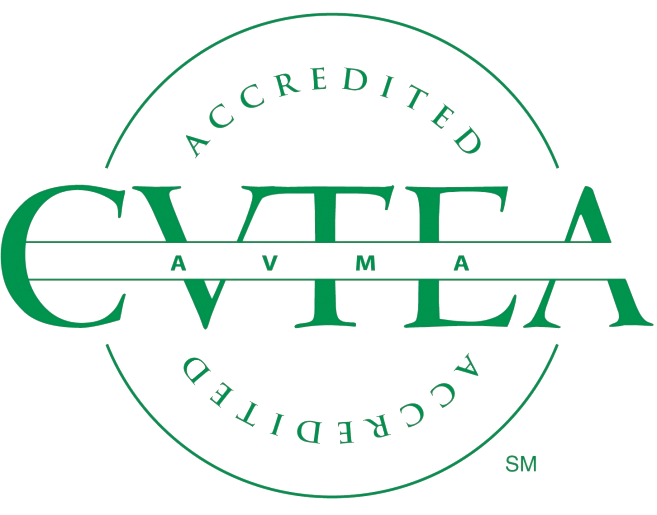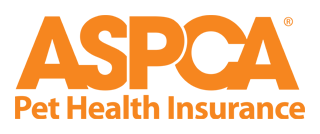
You can choose from a variety of career options within the animal industry. There are many options in the animal industry, from animal care and research to animal care.
Some jobs in the animal care industry don't require any formal education. Others, however, require some preparation. For example, an animal care technician or veterinarian may need to complete an internship or some form of on-the-job training. However, animal research may require a college education. Because the field requires wide knowledge, this is why it may require a college degree.
There are many options for those who are looking for a rewarding and challenging career, or to help the animals of their community. One of the most popular options for animal careers is working in a zoo, animal shelter, or other animal rescue facilities. These jobs involve looking for new owners and caring for animals. Other jobs might require you to visit crime scenes or perform administrative duties. Others may be required to testify in court.

An animal industry expo is an excellent way to get information about careers in the animal industry. This expo is often held at universities and provides a wealth of information about all the career options that are available. You will find a range of activities during the conference including a panel discussion and an interactive workshop on career development.
Shadowing an animal industry professional is another great way to get information about the career options available in this field. You can shadow a professional in person, or you can do it online. Your local professional association might offer a shadowing program, depending on where you live.
The animal industry is on the rise and there is a great need for more food. This is due to a growing world population and a limited supply of land for food cultivation. However, the animal industry also faces challenges. These problems call for innovative solutions. This includes an understanding of animal nutrition and the ability to produce food in a humane manner.
One of the more obvious animal industry careers is the study of animal behavior. Some animal behaviorists specialize in specific behaviors, while others study animals in general. These professionals can also work in zoos and aquariums. Remember that animals must be treated with compassion at all costs. Animals that are injured or sick may have to be put down.

Animal industry is a rapidly growing field. However, it can also be one of the most emotionally challenging industries to work in. These jobs are often very demanding and may require you to work long hours in order to fulfill your job requirements. Whether you're looking to enter the industry or want to improve your skills, the animal industry is a rewarding place to work.
While the options for careers in the animal industry can be varied, they are rich sources of information. There are many career options and it can be difficult to choose the right one for you.
FAQ
What are some signs that my pet might be sick?
You may notice several symptoms in your dog that could indicate that he is sick. Some symptoms are:
-
Vomiting
-
Diarrhea
-
Lethargy
-
Fever
-
Weight loss
-
Reduced appetite
-
Coughing
-
Difficulty breathing
-
Bleeding from below the nose
-
In stool or urine, blood can be found
These are just a few examples. Your vet can tell you which signs to watch for.
What are the responsibilities of a pet owner?
An owner of a pet must love their pet unconditionally. They must also take care of their basic needs, such as shelter, food, water, and shelter.
They should also teach the pet how to behave. You should never neglect your pet.
He should also be responsible enough and able to take care of it.
What is pet coverage?
Pet Insurance provides financial protection when your pet is injured or becomes sick. It also covers routine veterinary services such as microchipping, spaying/neutering, vaccinations, and other preventive care.
Additionally, the policy covers emergency treatment for pets that are injured or become ill.
There are two types if pet insurance:
-
Catastrophic Insurance - This insurance covers medical expenses for your cat if it sustains severe injuries.
-
Non-catastrophic-This type covers routine veterinarian costs, such as vaccines, microchips, spays/neuters, and other veterinary services.
Many companies offer both catastrophic as well as non-catastrophic coverage. Others offer just one or the other.
These costs will be covered by a monthly premium. The amount you spend on your pet’s care will determine the cost.
The price of insurance depends on which company you choose. Make sure to shop around before you buy.
If you purchase multiple policies, some companies offer discounts.
You can transfer an existing pet insurance plan from another company to a new one.
If you do not want to buy pet insurance, you'll need to make all of the payments.
You can still save money. Ask your veterinarian about discounts.
If you take your pet to the vet often, he might not be impressed.
Instead of spending money on a pet, you could adopt one from an animal shelter.
It doesn't matter what kind or type of insurance you have, you should always carefully read the fine print.
This will give you an accurate estimate of the value of your coverage. Contact the insurer immediately if you are unsure.
What should I do if my dog bites someone?
First, make sure the animal isn't rabid if you are attacked. If this is impossible, you can call for help. Do not attempt to solve the problem yourself. You may get seriously injured.
If the animal bites, but is not aggressive then you can take it to a vet clinic. Your vet will examine the animal and decide if any additional treatment is required.
Most cases will require rabies shots. These should never be administered by you. Only a qualified person should be able to do this.
Statistics
- Here's a sobering reality: when you add up vaccinations, health exams, heartworm medications, litter, collars and leashes, food, and grooming, you can expect a bill of at least $1,000 a year, according to SSPCA. (bustle.com)
- It's among a relatively few companies that provide policies with a full (100%) coverage option, meaning you are not responsible for any co-payment of bills. (money.com)
- A 5% affiliation discount may apply to individuals who belong to select military, law enforcement, and service animal training organizations that have a relationship with Nationwide. (usnews.com)
- * Monthly costs are for a 1-year-old female mixed-breed dog and a male domestic shorthair cat less than a year old, respectively, in excellent health residing in Texas, with a $500 annual deductible, $5,000 annual benefit limit, and 90% reimbursement rate. (usnews.com)
- Reimbursement rates vary by insurer, but common rates range from 60% to 100% of your veterinary bill. (usnews.com)
External Links
How To
How to choose a good name for your pet?
Choosing a name for your pet is one of the most important decisions you'll make when adopting a new animal into your home. Names should reflect who your pet is and their personality.
You need to think about how others may refer to you. Finally, think about how you'd like to be referred. Are you more comfortable calling yourself "dog" or your "pet"?
These are some tips to get you started.
-
Choose a name that is appropriate for your dog's breed. If you're familiar with the breed (e.g. Labradoodle), search for names associated with it. Ask someone who is knowledgeable about dogs to suggest names based on that breed.
-
Take into account the meaning behind the name. Some breeds are named after people or places, while others are just nicknames. For example, the Labrador Retriever named "Rover" because he was always running!
-
How would you like to be called? Are you more comfortable calling your dog "dog" or "pet?" Do you prefer to call your dog "Puppy", or "Buddy?"
-
Include the first name of the owner. Although it's a good idea to name your dog with your last name, don't forget to include the names of your family members. Your dog might grow up to be a member your family.
-
Be aware that many pets have multiple names. A cat may have many names, depending on where she is located. You might call her "Kitty Cat" home, but she might be "Molly" on the road with her friends. This is especially true if the cat lives outside. They will often adapt their names to match their environment.
-
Be creative There are no rules that say you have to follow a certain naming convention. You just need to choose something that is unique and memorable.
-
Be sure to check that your chosen name does not already belong in the hands of another person or organization. You won't accidentally steal the identity of someone else!
-
Don't forget that choosing a name is not an exact science. Sometimes, it can take time to find the right name for your dog. Keep looking until you find that perfect name.